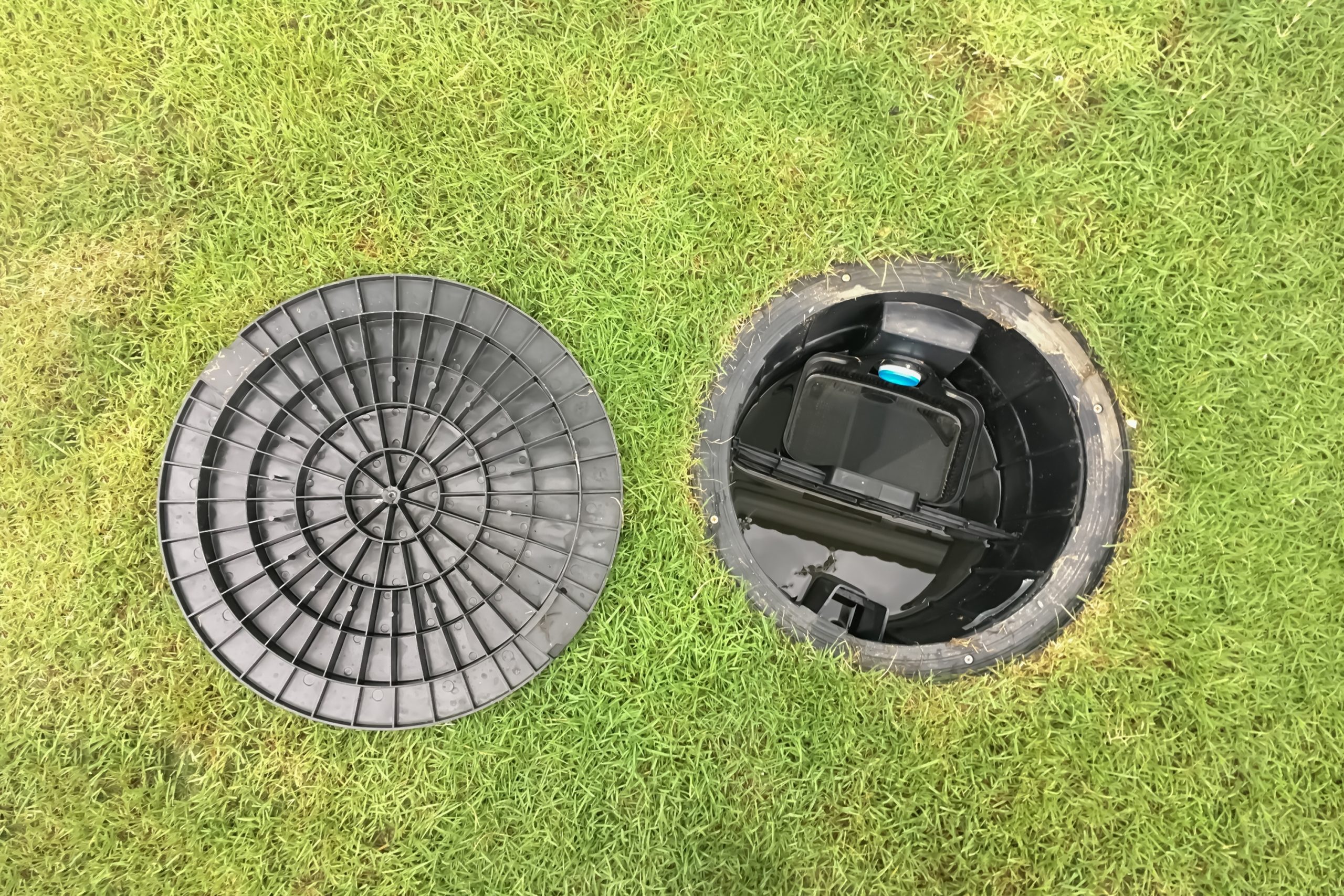For homeowners with septic systems, regular inspections are essential to keeping the system functioning properly and avoiding costly repairs. While it’s easy to overlook your septic system since it’s underground and out of sight, taking the time to schedule routine inspections can save you from potential headaches in the future. Proper maintenance not only protects your property but also ensures the health of your family and the environment. Here’s a closer look at the benefits of regular septic system inspections and why they should be a priority for every homeowner with a septic system.
1. Prevent Costly Repairs
One of the biggest benefits of regular septic system inspections is that they can help prevent costly repairs. Septic system problems often develop slowly, starting with small issues that can escalate into major damage if left unchecked. By having your system inspected regularly, a professional can spot these issues early on—before they become significant and expensive problems.
For example, clogs, leaks, or tree root intrusions can be caught during inspections and fixed immediately, saving you from the high costs of system failure or the need for a full replacement.
Tip: Most professionals recommend scheduling a septic inspection every 3 to 5 years, but if you notice slow drains or unpleasant odors, it’s best to schedule an inspection sooner.
2. Ensure Proper Functioning
Your septic system plays a crucial role in managing wastewater from your home, and regular inspections help ensure it’s functioning properly. Over time, sludge and solid waste can build up in the septic tank, causing blockages and reducing the system’s efficiency. Inspections allow professionals to check if your tank is full and if it needs pumping to prevent backups or overflows.
Regular inspections also help monitor the leach field, ensuring that wastewater is being properly filtered into the ground. A failing leach field can lead to contaminated groundwater, creating environmental hazards and health risks for you and your neighbors.
Tip: Regularly pumping your septic tank, in addition to inspections, is essential. This should typically be done every 3 to 5 years, depending on your household size and water usage.
3. Avoid Environmental Hazards
Septic system failures can lead to serious environmental hazards, including the contamination of local water supplies. When a septic system is neglected, untreated wastewater can leak into the soil and eventually reach groundwater sources. This contaminated water can spread harmful bacteria, viruses, and chemicals, putting your family’s health at risk and negatively impacting the surrounding environment.
Regular inspections help catch potential leaks or malfunctions early, preventing pollutants from reaching local water sources. A properly functioning septic system helps keep your drinking water and nearby bodies of water clean and safe.
Tip: Be mindful of what you flush or pour down your drains. Items like wipes, grease, or harsh chemicals can disrupt your septic system and increase the risk of contamination. Stick to biodegradable and septic-safe products whenever possible.
4. Increase the Lifespan of Your Septic System
A septic system is a significant investment, and regular inspections can help prolong its lifespan. Like any major system in your home, your septic system requires care and attention to operate efficiently. Without proper maintenance, systems tend to fail prematurely, leading to costly replacements. Regular inspections allow professionals to catch small issues and wear-and-tear before they cause lasting damage, ultimately extending the life of your septic system.
A well-maintained septic system can last for 20 to 40 years, depending on usage and environmental factors. By investing in regular inspections, you’re protecting your system and ensuring it serves your home for as long as possible.
Tip: In addition to inspections, be mindful of your water usage. Excessive water usage can overwhelm the system and lead to premature failure. Fix leaky faucets and consider installing water-efficient appliances to reduce strain on your septic system.
5. Compliance with Local Regulations
In some areas, regular septic system inspections are required by law. This is especially common if you’re selling your home, as prospective buyers will want to ensure the septic system is in good condition before completing the sale. Regular inspections help you stay compliant with local health and safety regulations and provide proof of proper maintenance if needed.
If your septic system isn’t up to code, you could face fines or be required to make expensive upgrades before selling your home. Staying on top of inspections can help you avoid these costly surprises and ensure your system is always in compliance.
Tip: Check your local regulations to understand the specific requirements for septic system inspections and maintenance in your area. Keeping up with these regulations will help you avoid penalties and keep your system in good working order.
